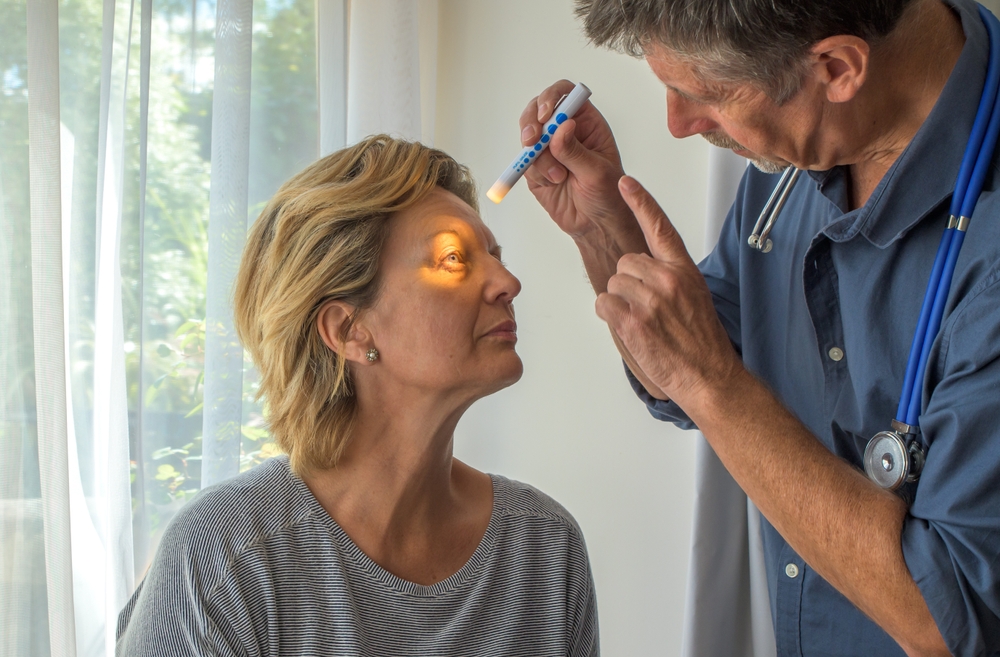Located inside Montclair Optometric Center
Understanding the Link Between Vision and Brain Health

When people think about eye health, they often focus only on how clearly they can see. But vision is far more than sharpness or clarity - it’s a complex process that involves nearly every part of the brain. Vision accounts for more than half of the brain’s pathways, making it one of the strongest indicators of brain health.
How the Eyes and Brain Work Together
Your eyes act as cameras, collecting visual information from the world around you. However, it’s the brain that processes this information - interpreting shapes, colors, depth, and motion. The visual system spans multiple brain regions, including the occipital lobe (responsible for processing images), the parietal lobe (spatial awareness), and the frontal lobe (attention and decision-making). This means that changes in vision can often reflect changes in brain function.
Traumatic and Acquired Brain Injuries
Brain injuries, whether from concussions, strokes, or other trauma, frequently affect vision. Patients may experience double vision, difficulty tracking objects, or sensitivity to light. Because the visual system is so interconnected with cognitive function, problems with balance, reading, and focus often emerge after a brain injury. Early detection and treatment through vision therapy can significantly improve recovery outcomes.
Learning Challenges and Visual Processing
For children and adults, vision issues are not always about clarity. Even with 20/20 eyesight, struggles with visual processing such as tracking words on a page or coordinating both eyes can lead to reading difficulties, attention problems, and learning challenges. Strengthening these connections between the brain and the eyes through targeted therapies can improve academic performance and overall confidence.
Binocular Vision Deficits
When both eyes don’t work together as a team, the brain has to work harder to compensate. This can cause eye strain, headaches, or difficulty with depth perception. Binocular vision problems often go undetected in routine eye exams but can have a major impact on daily life, from driving safely to performing well at work or school. A visual rehabilitation examination can uncover these deficits and provide effective treatment options.
Rebuild the Connection Between Vision and Brain Health
Vision is more than just sight - it’s a reflection of your brain’s health and function. Whether you’ve experienced a head injury, struggle with reading, or notice frequent eye strain, addressing vision concerns is essential for overall well-being. By strengthening the connection between the eyes and the brain, patients can improve not only their vision but also their quality of life.
Schedule a visual rehabilitation examination at The NeuroVision Center and take the next step toward better brain and vision health. Visit our office in Montclair, California, or call (909) 347-7722 to book an appointment today.



